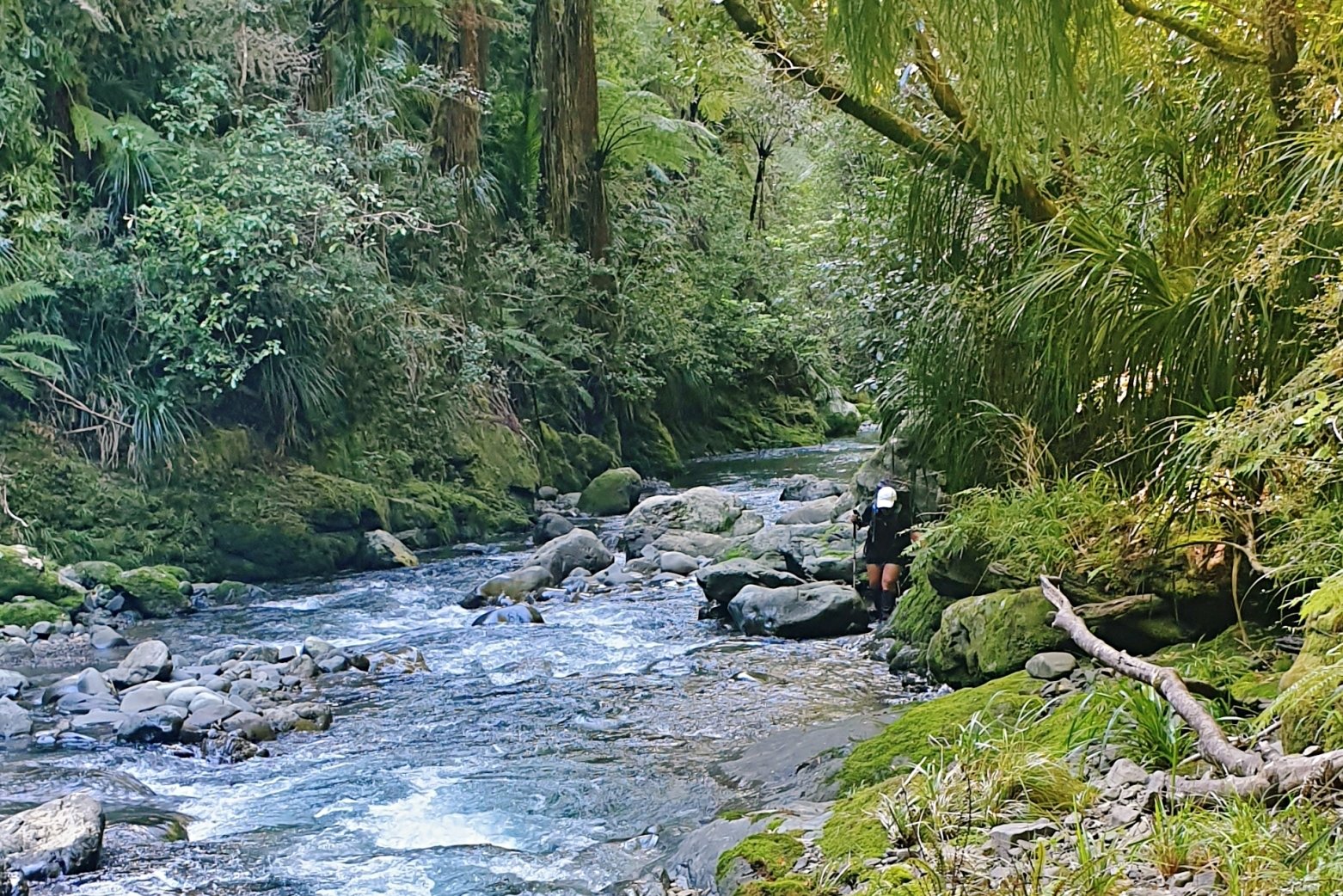What’s the most powerful word in your vocabulary? Mine only has two letters, yet it packs a punch greater than Goku’s kamehameha. One syllable that’s more definitive than a full stop. Some even say it’s bold enough to be both the answer and reason. Have you cracked it yet? No? Well, actually that’s it. The word is ‘no’.
Optimists are naturally ‘yes’ people, and I’m an eternal optimist! To an optimist, saying yes is the same anticipation a kid feels with a Kinder surprise in their hand. When you talk about ideas with me, I see it as an exciting opportunity to create possibilities. Think of it like a metaphorical door that I just can’t wait to walk through.
It’s a great tool to move you if you feel stuck in life. Don’t think, just say yes. It moves you from a space of fearing what hasn't happened yet to become the change you want to see. I said yes to facing my fear of public speaking and it brought spoken word into my life. I said yes to trusting myself, so I started solo hiking. I said yes to dating men that weren’t ‘my usual type’ and they showed me what I actually needed in a relationship to be happy. Those lessons even helped me to write my first book. Thanks guys! Each door I opened changed my trajectory like a pinball machine cracking the highest score.
Read More





